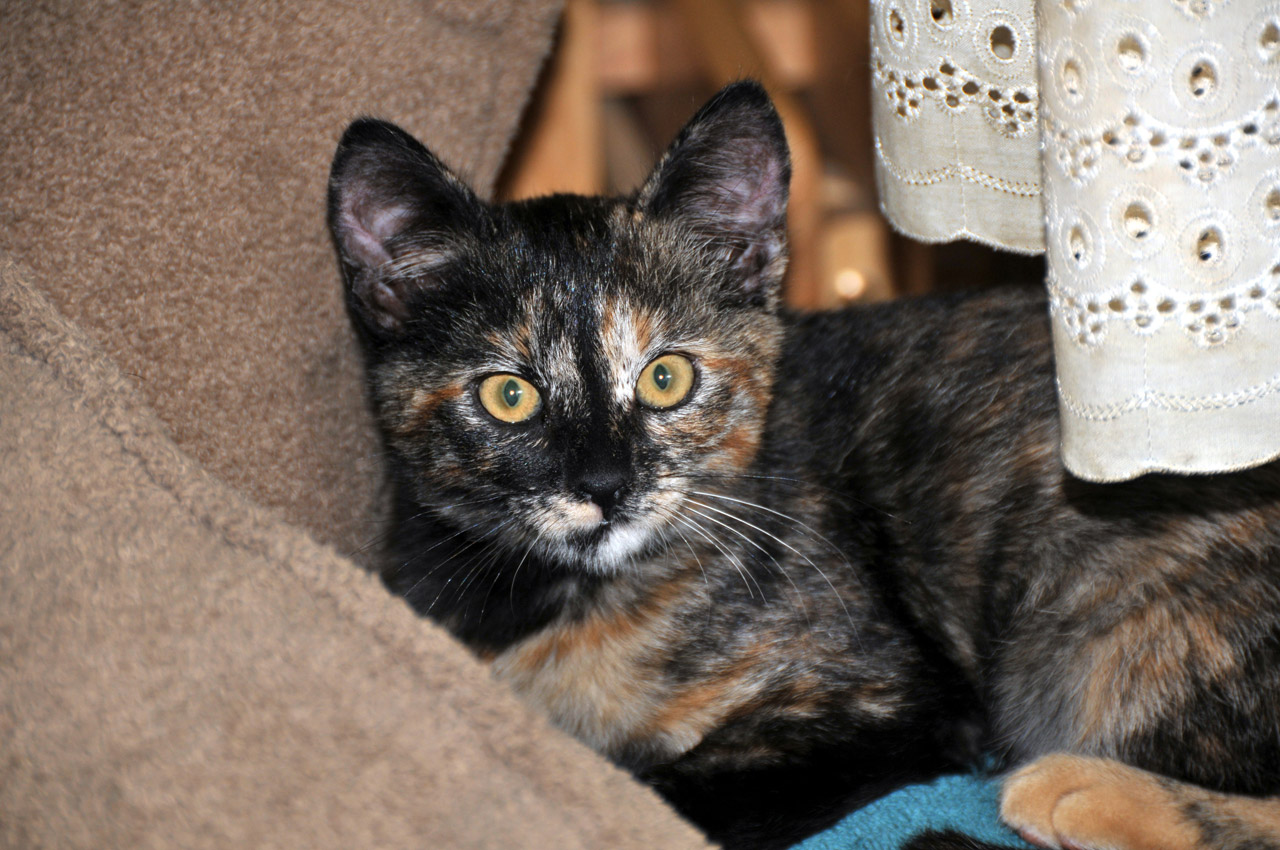Are String Of Turtles Toxic To Cats?
Cats are curious creatures, known for their playful nature and tendency to explore their surroundings. As a cat owner, it is essential to ensure that your feline friend is safe from any potential hazards in your home, including toxic plants. One plant that has gained popularity in recent years is the String of Turtles (Peperomia prostrata), a trailing succulent with unique turtle-shaped leaves. However, before adding this plant to your collection, it is crucial to understand whether it poses any risks to your beloved cat.
The String of Turtles Plant
The String of Turtles, also known as the Turtle Vine or Prostrata, is a small, low-growing succulent native to Brazil. Its distinctive leaves resemble tiny turtles, which is where it gets its name. This plant has become a favorite among plant enthusiasts due to its attractive appearance and ease of care. However, when it comes to the safety of our pets, aesthetics alone are not enough.
Common Toxicity Concerns
When evaluating the potential toxicity of a plant, it is essential to consider the specific compounds it contains. In the case of the String of Turtles, there is limited scientific research available regarding its toxicity to cats. However, it is important to note that the plant belongs to the Peperomia genus, which is generally considered non-toxic to cats and dogs.
While the String of Turtles may not be directly toxic to cats, it is crucial to consider other factors that could pose a risk to your feline companion:
- Ingestion: Cats are known to be curious nibblers, and even non-toxic plants can cause gastrointestinal upset if ingested in large quantities. It is essential to monitor your cat’s behavior around plants and discourage them from chewing on any foliage.
- Physical injury: The String of Turtles has delicate leaves that can break easily. If your cat plays rough or likes to swat at plants, there is a risk of injury from broken leaves or stems.
- Allergies: Some cats may have allergies or sensitivities to certain plants, even if they are considered non-toxic. If you notice any unusual symptoms, such as excessive sneezing or itching, it is best to consult your veterinarian.
Precautions for Cat Owners
While the String of Turtles is generally considered safe for cats, it is always better to err on the side of caution. Here are some precautions you can take to ensure your cat’s safety:
- Placement: Keep your String of Turtles plant in an area that is inaccessible to your cat. Consider hanging it from a ceiling hook or placing it on a high shelf.
- Supervision: When introducing a new plant to your home, closely monitor your cat’s behavior around it. If you notice any attempts to chew or play with the plant, discourage the behavior and redirect their attention to appropriate toys.
- Alternative plants: If you are concerned about the potential risks associated with the String of Turtles, consider opting for cat-friendly plants instead. Some examples include spider plants, Boston ferns, or catnip.
Frequently Asked Questions (FAQ)
1. Can cats safely chew on the String of Turtles plant?
While the String of Turtles is generally considered non-toxic to cats, it is best to discourage your cat from chewing on any plants to prevent potential gastrointestinal upset.
2. Are there any reported cases of cats being poisoned by the String of Turtles?
There are no reported cases of cats being poisoned by the String of Turtles. However, it is always important to monitor your cat’s behavior and consult a veterinarian if you notice any unusual symptoms.
3. What should I do if my cat ingests a significant amount of the String of Turtles?
If your cat ingests a significant amount of the String of Turtles or any other plant, it is best to contact your veterinarian immediately. They can provide guidance based on your cat’s specific situation.
4. Can the String of Turtles cause allergies in cats?
While allergies to the String of Turtles are rare, some cats may have sensitivities to certain plants. If you notice any unusual symptoms in your cat, consult your veterinarian for further evaluation.
5. Are there any alternative plants that are safe for cats?
Yes, there are several cat-friendly plants that you can consider, such as spider plants, Boston ferns, or catnip. These plants are known to be non-toxic to cats and can provide a safe alternative for your feline friend to interact with.
6. Can the String of Turtles cause physical injury to cats?
The String of Turtles has delicate leaves that can break easily. If your cat plays rough or swats at plants, there is a risk of injury from broken leaves or stems. It is important to monitor your cat’s behavior and ensure their safety around plants.
Summary
While the String of Turtles plant is generally considered non-toxic to cats, it is important to take precautions to ensure your feline friend’s safety. Cats can be curious and may exhibit behaviors that could lead to potential risks, such as ingesting large quantities of any plant or causing physical injury. By monitoring your cat’s behavior, keeping plants out of reach, and opting for cat-friendly alternatives, you can create a safe environment for both your cat and your beloved plants.


